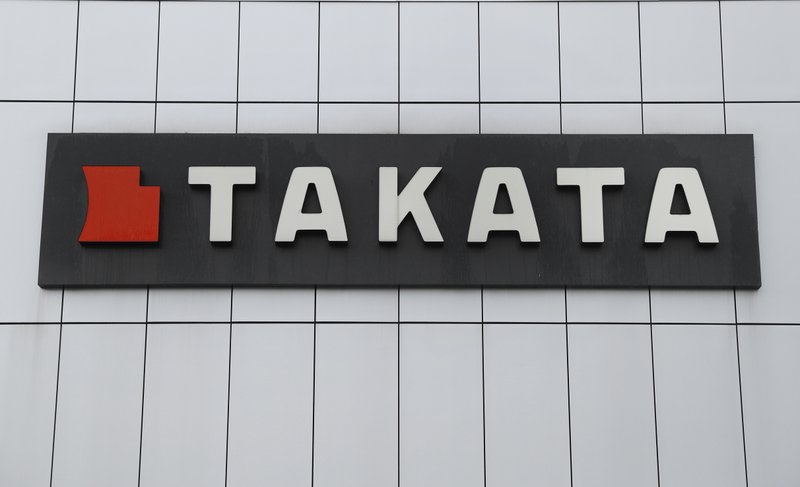DETROIT -- The U.S. government's highway safety agency will not force automakers to recall 56 million newer Takata air-bag inflators, citing industry research that shows the devices are safe.
Instead, the National Highway Traffic Safety Administration said Thursday that it will keep monitoring the devices and take action if necessary.
At least 25 people have been killed worldwide by Takata inflators and more than 300 have been injured. Problems with the company's products touched off the largest string of automotive recalls in U.S. history with around 50 million inflators recalled. About 100 million are being recalled worldwide.
The decision announced Thursday involves newer inflators that contain a moisture-absorbing chemical. It means that millions of drivers will never know if they have Takata inflators in their vehicles, nor will they be repaired unless problems surface. It also means that up to 19 auto companies will avoid the huge expense of additional recalls.
Takata had used the volatile chemical ammonium nitrate to create a small explosion to inflate air bags in a crash. But it was discovered that the chemical can deteriorate over time when exposed to high heat and humidity. It can explode with too much force, blowing apart a metal canister and hurling shrapnel into drivers and passengers.
After problems surfaced with the inflators starting in the early 2000s, Takata added the chemical called a dessicant to absorb moisture and keep the ammonium nitrate dry. The bankrupt company had until the end of last year to prove the newer inflators were safe or traffic safety agency would force them to be recalled.
Business on 05/09/2020
